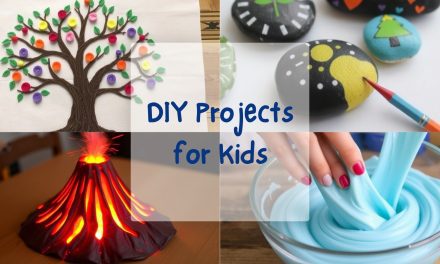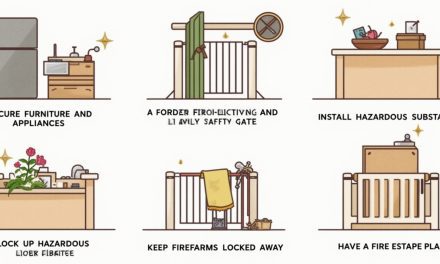Balancing work and family can feel like trying to keep a toddler entertained while you’re on a Zoom call—chaotic, hilarious, and sometimes just a little bit disastrous. But here’s the thing: involve your kids in the process, and suddenly, it’s less about surviving and more about thriving as a team.
By opening up, making decisions together, and having a little fun, you’re teaching them skills they’ll use (like how to juggle—literally and figuratively). You’ll not only build stronger family bonds, but you might also end up with fewer “I’m bored” complaints and more “I got this” moments. This piece explains how to engage kids in balancing work and family life.
How to Involve Your Children in Your Work-Life Balance
Communicate Openly and Honestly
Open and honest communication with your children is crucial. It helps you create a supportive atmosphere that balances work and family life.
By cultivating understanding, empathy, and addressing family dynamics, you can smoothly handle work responsibilities and parental obligations. And the best part? You can achieve this all while offering emotional backing to your children.
This kind of transparent communication lays the groundwork for trust between you and your children. It allows for open discussions about challenges and achievements.
As a parent, it's essential to actively listen to your children's worries and involve them in decision-making. Establishing clear lines of communication helps address any conflicts that may crop up within the family and find solutions together. Regularly communicating with teachers can also yield valuable insights into your children's academic progress. This then enables you to offer tailored support at home.
Remember, emotional support and comprehension go hand-in-hand with effective communication. This way, you can nurture a peaceful family environment.
Set Realistic Expectations
Setting realistic expectations for your children and yourself is key to managing work-life balance effectively. As such, ensure you acknowledge the challenges, practice patience, and build resilience. This will help you avoid burnout, focus on self-care, and handle time constraints more smoothly.
Your kids tend to pick up on what they see adults doing. So, it's important to show them healthy coping methods. Encourage open communication and create a safe space for them to express their feelings.
Don't forget to set boundaries and carve out time for self-care, even if it's just a few minutes daily. Trying mindfulness activities like deep breathing or keeping a gratitude journal can help clear your mind. Ultimately, this lowers your stress levels.
Consistently using these strategies can help create a harmonious atmosphere for you and your children.
Involve Them in Decision-Making
When you involve your children in decision-making, you give them a chance to be responsible. Letting your kids make decisions helps them sharpen their critical thinking skills. They also become more independent and feel confident about their choices.
By taking a positive parenting approach, you're setting the stage for their growth and development. Such an approach entails giving guidance while also letting them have a voice.
When you show empathy and understanding during discussions, you're not just talking – you're teaching your children valuable social and emotional skills. Creating this collaborative vibe within the family offers several perks, such as:
- Encouraging open communication
- Sparking creativity
- Strengthening family ties
When everyone in the family is involved, it's not just the kids who benefit – it creates a positive and inclusive family dynamic that brings everyone closer together.
Make Time for Quality Family Time
When you dedicate quality time for family activities, you're not just spending time – you're strengthening bonds and creating deeper emotional connections.
This could entail playing games, helping with homework, focusing on emotions and resolving conflicts. Whatever the activity, it allows you to build meaningful interactions that bring your family closer and improve everyone's well-being.
During playtime, both you and your family members can let your creativity flow and strengthen trust among each other. Getting involved in homework boosts academic progress and helps parents understand their child's learning process better.
Prioritizing emotional intelligence means everyone can empathize and communicate effectively. This makes your household a more harmonious place.
When you practice conflict resolution skills together, you're not just resolving issues – you're teaching valuable problem-solving and cooperation skills. Ultimately, these skills lead to a more peaceful and united family environment.
Wrap Up
Balancing work and family is an art, and with the right approach, it can become a beautiful dance. By involving your kids, communicating openly, and setting realistic expectations, you're building stronger connections and teaching invaluable life skills. Embrace the chaos and turn it into an opportunity for growth and bonding. Together, you and your family can thrive in this balancing act.
Ready to dive deeper into mastering work-life balance? Stay tuned to Marvelus Kids for more tips and tricks!









